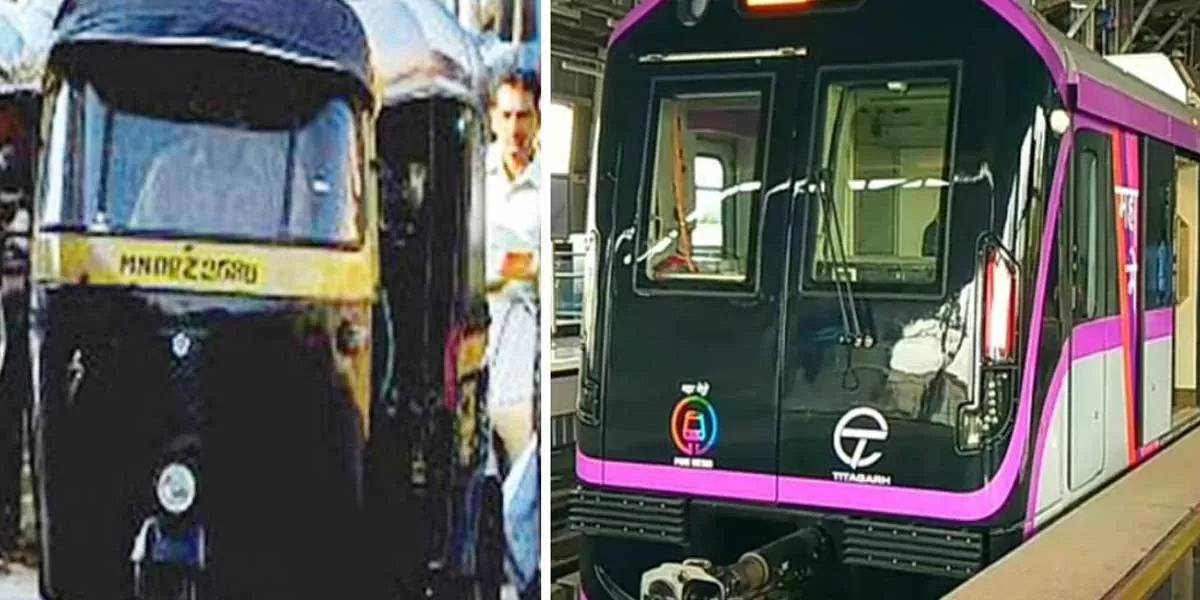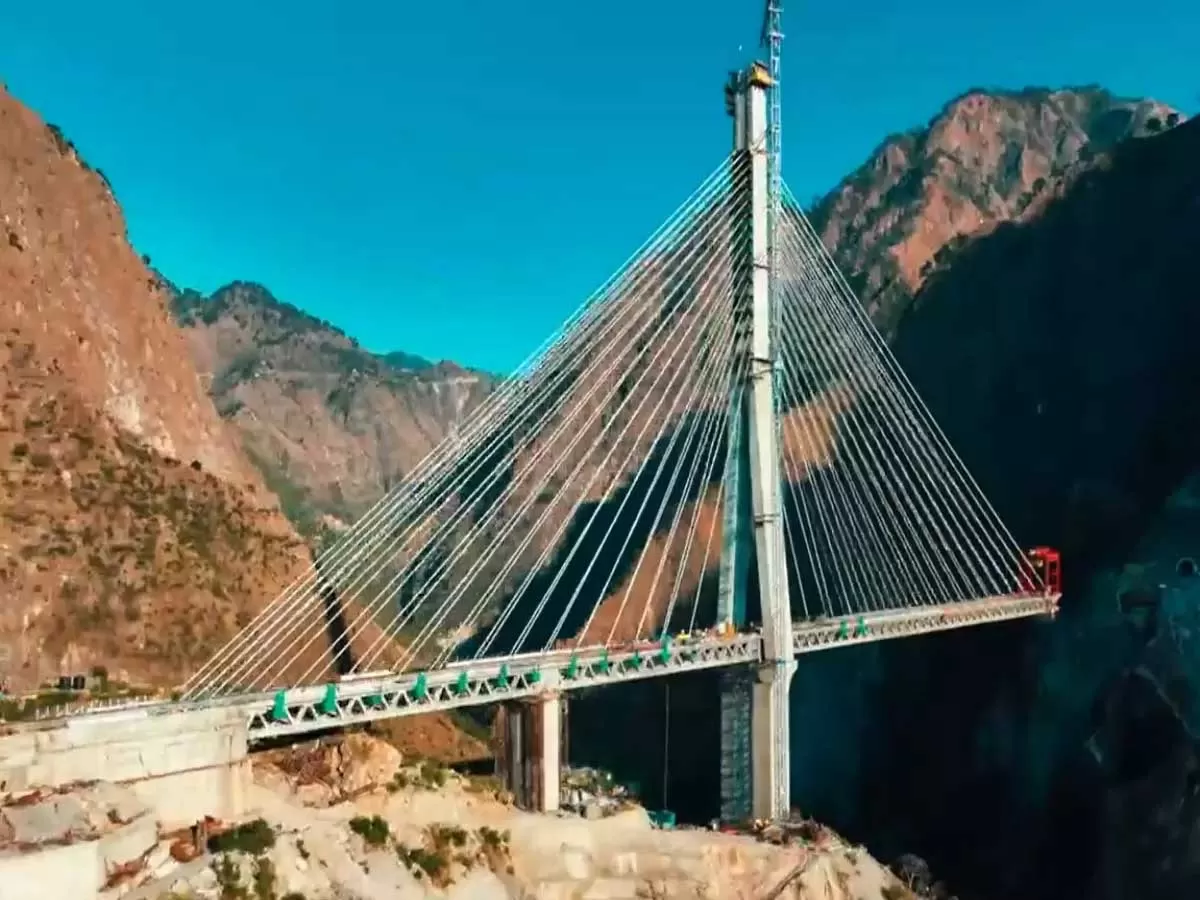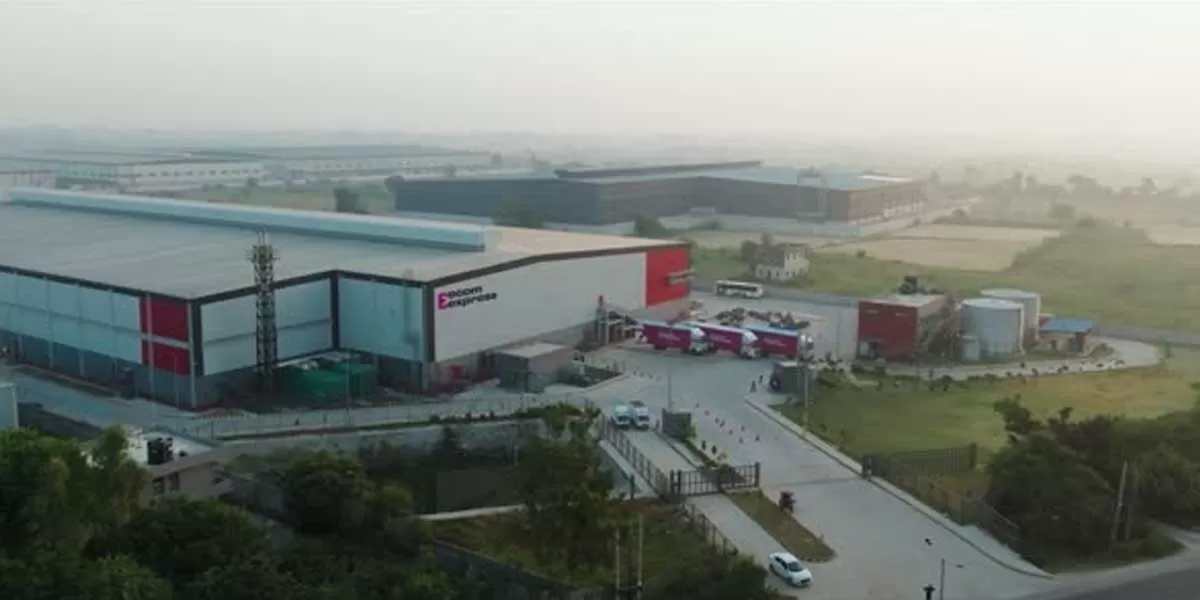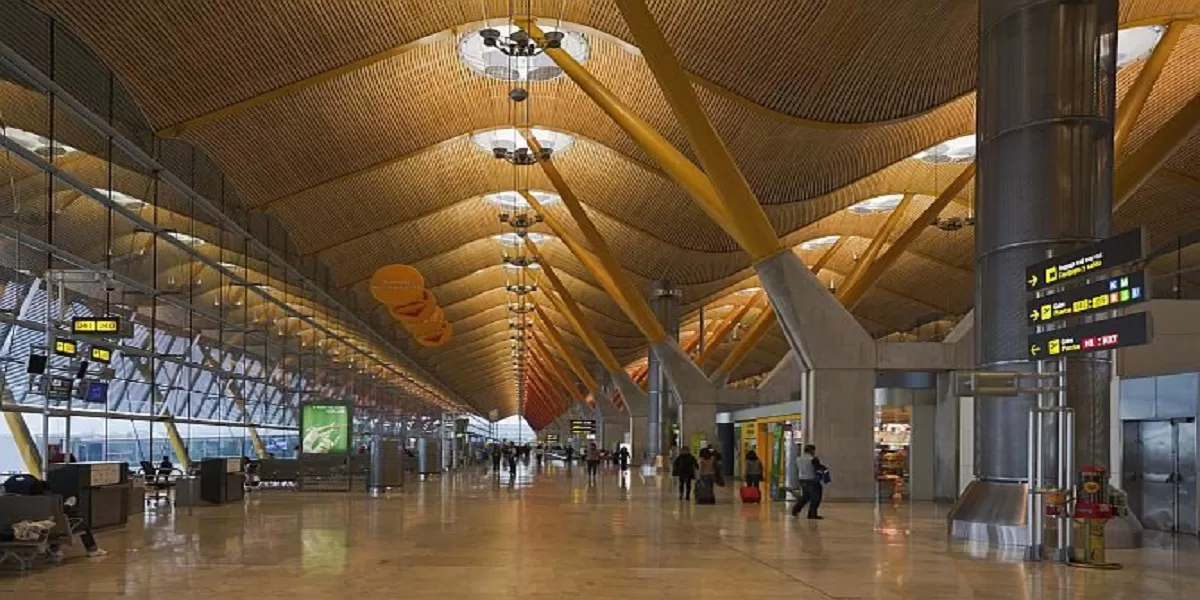
E-auto services launched at Pune Metro stations for last-mile transit
Redefine the future of urban mobility! Join us at the Metro Rail Conference 2025 to explore groundbreaking ideas and insights. 👉 Register today!

Anji Khad Bridge, India's First Cable-Stayed Rail Bridge Ready in J&K
Indian Railways has completed the Anji Khad Bridge, India’s first cable-stayed rail bridge, located in the Reasi district of Jammu and Kashmir. A critical component of the ambitious Udhampur-Srinagar-Baramulla Rail Link (USBRL) Project, this engineering marvel connects Katra and Reasi, promising enhanced regional connectivity and economic growth.Spanning 725.5 metres, the bridge features a 193-metre-tall main pylon, soaring 331 metres above the riverbed. Its design allows it to withstand wind speeds of up to 213 km/h and safely support train operations at speeds of 100 km/h.Constructed in th..

Exporters Raise Logistics Costs Concerns with Piyush Goyal
Exporters and freight agencies have voiced concerns over high terminal handling charges at ports and the underutilisation of dry ports, adding to India’s overall logistics costs. During a meeting with Commerce and Industry Minister Piyush Goyal, they highlighted that the fees charged by shipping terminals for container storage and positioning before loading exceed port charges by Rs 10,000-15,000 per consignment. The discussion focused on logistics and shipping challenges, with the government actively working to reduce costs across the supply chain, according to an official. India is targe..

Government to Revamp UDAN Scheme with Focus on Airport Readiness
The Indian government is set to revamp its regional air connectivity scheme, UDAN (Ude Desh ka Aam Nagrik), by prioritising airport readiness before inviting airlines to bid for operating routes. Financial support for the development of unserved airports and airstrips across the country is expected to be a key focus in the upcoming budget, along with stricter assessments of route feasibility, according to sources. Launched in 2017 to boost air travel in the world’s fastest-growing aviation market, the UDAN scheme caps airfares and provides subsidies to airlines for operating on less frequen..















